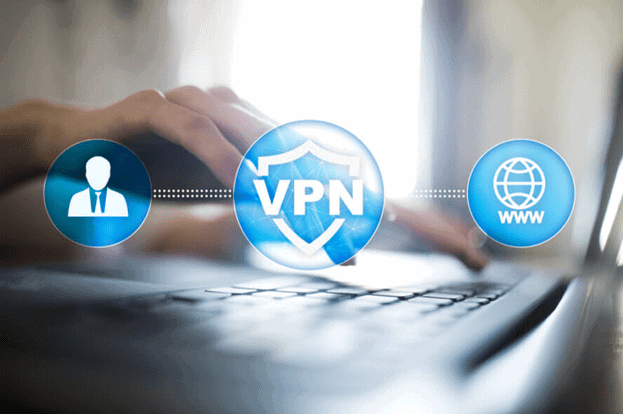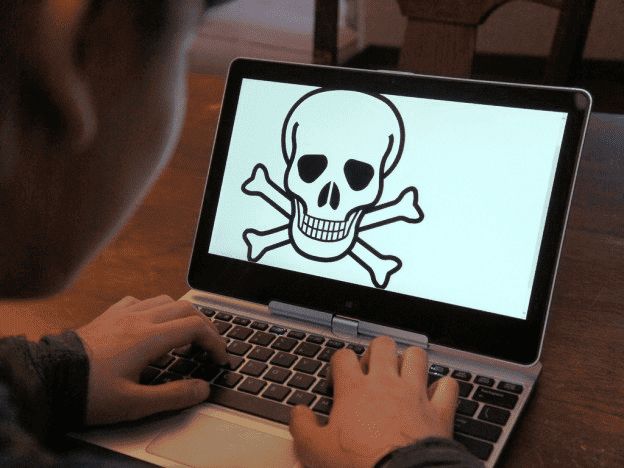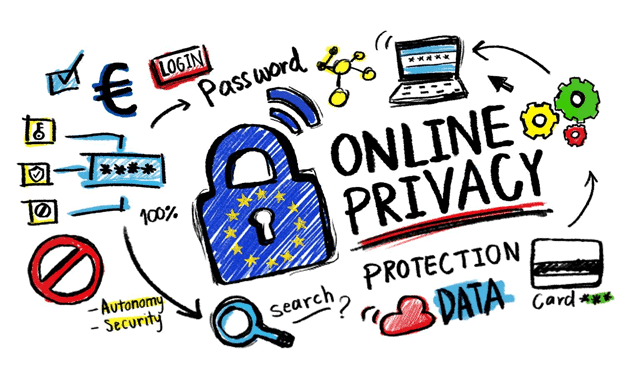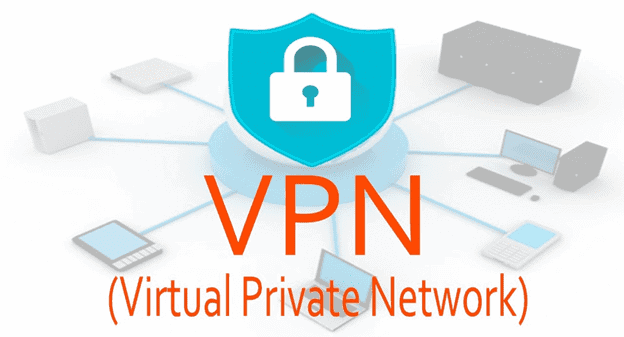Every human being has the desire to be private. This need for privacy does not only occur when you are meeting physically with somebody but also on the internet.
In the early days of Facebook, no one could see someone’s activities online; like let’s say posting a photo and suddenly everyone notices.
The now social media giant company was a mere dorm project at Harvard by the then sophomore, Mark Zuckerberg and his college buddies. Facebook operated like a directory where Harvard students could easily know and find which dormitory their college mates slept.
Thanks to his passion for coding, the young Zuckerberg and his team of whiz kids transformed the Facebook dorms directory into a platform for creating profiles online. A student could upload a photo and in no minutes he/she could be seen by the entire university.
Need for Privacy
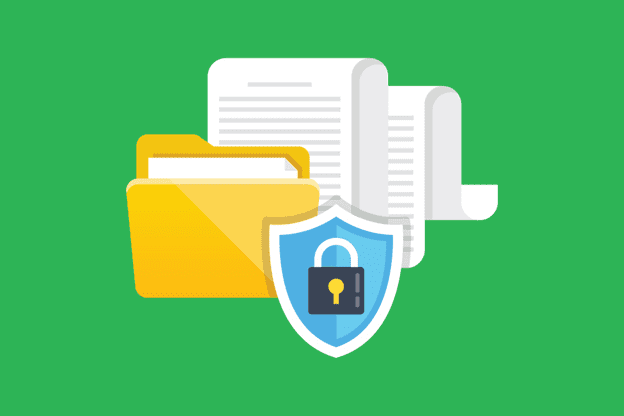
While you may think this was exciting for Mark and everybody, it wasn’t at all. Students went on riot claiming they wanted the old Facebook back.
They felt their privacy had been violated with the new Facebook platform. Interestingly, even as students rioted, some enjoyed the new user experience.
In no time, photos of different students doing different activities started flowing in and the rest is history. The riots died gradually and everybody wanted to know what the other was doing on the new Facebook.
Even though Facebook transformed human interactions and surmounted location barriers, there is still a great reason for you to take caution when browsing online.
Facebook founders themselves would never advise someone to post their private information online such as your home location and phone number.
Not long after, people became obsessed with Facebook and felt they could post any information on their profiles. People post pictures of their families and friends without any fear of victimization.
The aftermath of online publicity
If you talk about Facebook for networking and marketing, I will give you a thumb up. Today, almost every business owner has their business profile on Facebook for marketing and networking purposes. Facebook is one of the most used tools for doing marketing today.
Even with this benefit at your disposal, putting your personal information on the social networking platform makes you vulnerable to online attacks.
In a real sense, by putting too much of your personal information online you lose control of your privacy. Fake characters posing as potential dating partners have led others astray.
Many lives have been lost through superficial Facebook friendships that were not based on true and genuine interests.
While Facebook put in place measures to protect its users by simplifying its privacy settings, not many have taken the initiative to protect themselves online.
What does protecting yourself online entail?
Facebook is just one of the millions of sites found online. It tends to stand out because if its ability to connect many people online and build great social networks.
With a lot of personal user information on the site, it turns out to be a platform for many online cons to pounce on the ignorant.
Many other sites may also fall victim to online criminals commonly known as hackers.
To keep safe online, many internet users are beginning to see the need for privacy. Privacy is your responsibility. Some ways to protect yourself online include:
- Using strong passwords for your online accounts
- Logging out of websites when done with your online activity
- Erasing your browser history from your browser
- Installing a strong antivirus software on your computer
- Avoiding use of public Wi-Fi connections
Chrome is one of the best browsers in the market. Many computer users make use of it to access the internet. It captures your browser history and allows you to access websites you accessed earlier.
Chrome also comes with the option of browsing incognito. This means your web activity online or history won’t be accessed by your ISP or other users of your computer.
Most websites you visit also need you to abide by their cookies policies. Once you do accept their cookies, they store them on your computer. Websites use cookies to track your computer activity and know which websites you visited. This enables them to send you targeted ads based on the websites you access.
However, Chrome hasn’t proved to be the best tool to keep you anonymous or give you total safety online. Hackers and government surveillance can crack down on you.
Still, your ISP could monitor your online activity and sell the data to marketing networks for targeted ads.
Virtual Private Network
You want to use a software tool that is guaranteed to keep you safe and private online. A virtual private network offers you that option. It tunnels your data online, making you browse privately rather than public.
In that way, you are web activity becomes invisible to hackers and cybercriminals. A VPN does not need a lot of technical know-how. All you need is to download the app or software from a trusted site and you are you good to go.
A VPN comes tunnels your online activity. When you install it on your computer, data from your computer is taken through its servers before it goes to the website you are trying to access.
Though you may be browsing from South America, your VPN server will make your location to be different. This is one of the ways VPN protects your data online. If you are unsure on what VPN service to use, check out for more of these services on BestVPN.com
Conclusion
I don’t need to emphasize how important your safety and privacy online is. Today, many people spent more time online than they spent with their families.
The world has indeed become digital and that means every entrepreneur, businessman and conmen are looking for an opportunity to make a kill online. Keep safe online by being responsible for your security.
Read More: Considerations when Choosing VPN | CyberGhost | VPN Black Friday | Stay Secure Online
Some browsers such as chrome come with the option of making yourself incognito while browsing. However, this does not protect yourself from hackers. Use a trusted VPN service like Ivacy VPN for your security online.


